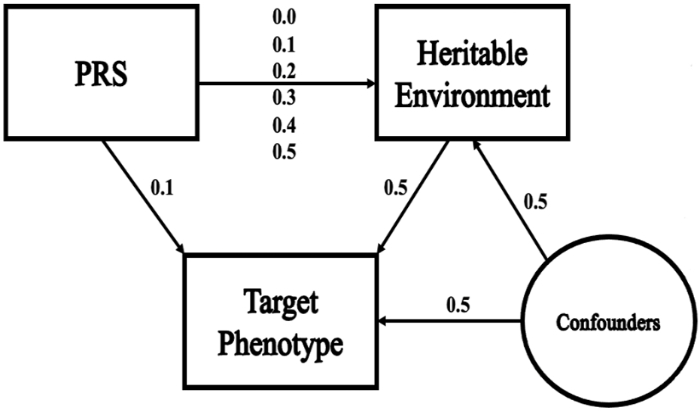Researchers investigated the relationships between alcohol use, behavioral traits (such as impulsivity and negative emotions), and genetic risk. Using data from 3,681 participants aged 11 to 36, researchers examined how behavioral traits and genetic risk factors are linked to different stages of alcohol use (first drink, intoxication, AUD symptoms, AUD diagnosis). The study found that […]
Alcohol Milestones And Internalizing, Externalizing, And Executive Function: Longitudinal And Polygenic Score Associations









